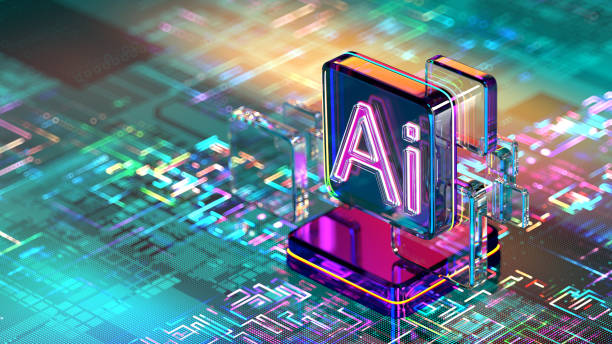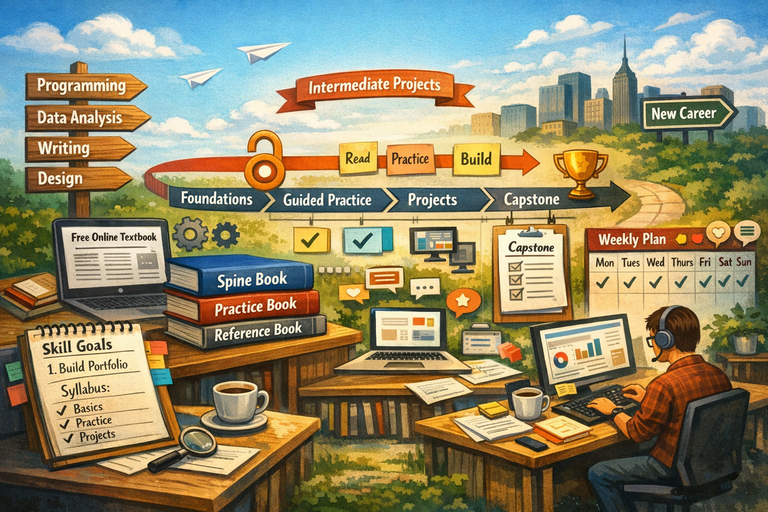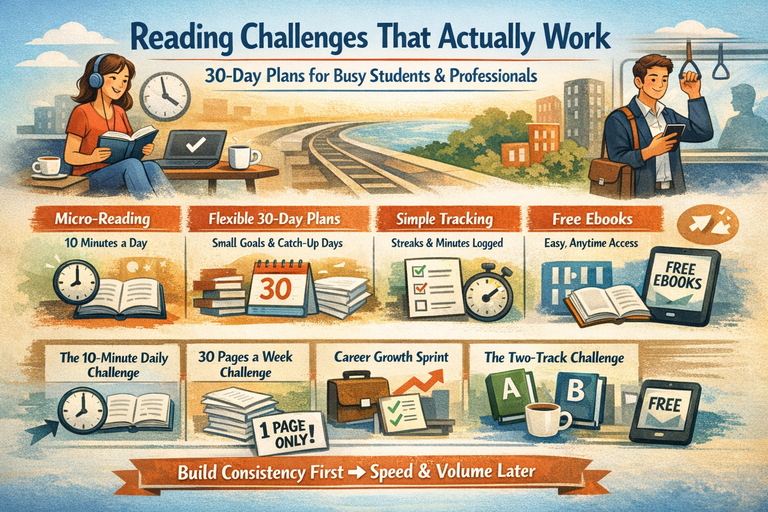The Impact of Artificial Intelligence on Modern Business Operations
Artificial Intelligence (AI) has become one of the most transformative forces in the business world today. What was once a futuristic concept has now evolved into a daily reality, reshaping industries, redefining how companies operate, and creating new opportunities for growth and efficiency. From automating routine tasks to enhancing decision-making, AI is no longer optional — it is becoming a core part of modern business strategy.
This article explores how AI impacts modern business operations, the benefits it offers, challenges it presents, and what the future may hold for organizations embracing this technology.
Understanding Artificial Intelligence in Business
At its core, AI refers to computer systems that can perform tasks that typically require human intelligence, such as learning, reasoning, problem-solving, and decision-making. In business, AI is applied through tools like machine learning, natural language processing, predictive analytics, and robotics.
Examples include chatbots that handle customer queries, algorithms that predict market trends, and automated systems that streamline supply chains. AI is not about replacing humans entirely, but about augmenting human capabilities to make businesses more agile, efficient, and competitive.
Enhancing Decision-Making With Data
One of the most significant impacts of AI is its ability to process massive amounts of data quickly and accurately. In today’s digital age, businesses generate an overwhelming amount of information — from customer behavior to sales trends. Analyzing this manually is impossible, but AI makes it not only possible but also actionable.
For example:
-
Retail companies use AI to predict purchasing patterns and optimize inventory.
-
Financial institutions rely on AI algorithms to detect fraud and manage risk.
-
Marketing teams use predictive analytics to target customers more effectively.
By turning raw data into insights, AI allows business leaders to make informed, strategic decisions with greater confidence.
Streamlining Operations Through Automation
AI-powered automation is changing the way businesses handle routine and repetitive tasks. Instead of employees spending time on manual data entry, scheduling, or basic customer support, AI systems can perform these functions faster and with fewer errors.
Examples include:
-
Robotic Process Automation (RPA): Used in finance and HR to manage payroll, invoices, and compliance tasks.
-
Chatbots and Virtual Assistants: Provide 24/7 customer service, reducing wait times and improving user experience.
-
Smart Manufacturing: AI-driven robots and sensors optimize production lines, reduce waste, and improve quality control.
By automating repetitive work, businesses free up employees to focus on higher-value tasks like innovation, strategy, and relationship-building.
Transforming Customer Experience
Customer expectations have shifted dramatically in the digital era, and AI is playing a key role in meeting those demands. Businesses now use AI to deliver personalized, seamless, and efficient customer experiences.
Ways AI enhances customer engagement include:
-
Personalized recommendations: Streaming services and e-commerce platforms suggest products based on user behavior.
-
24/7 support: AI chatbots handle simple queries while escalating complex issues to human agents.
-
Sentiment analysis: AI tools analyze customer feedback on social media and reviews to gauge satisfaction levels.
When customers feel understood and valued, businesses benefit from stronger loyalty and long-term relationships.
Revolutionizing Marketing and Sales
AI has significantly impacted how businesses attract, engage, and retain customers. Marketing strategies that once relied on broad demographics now use AI-driven insights for hyper-personalization.
-
Targeted Advertising: AI algorithms analyze user behavior to display highly relevant ads.
-
Sales Forecasting: AI predicts demand and helps sales teams focus on the most promising leads.
-
Content Creation: Tools generate ad copy, blog posts, and social media content tailored to audience interests.
This precision not only improves efficiency but also boosts return on investment, ensuring marketing dollars are spent wisely.
Optimizing Supply Chain Management
Supply chains are complex networks that can easily be disrupted by delays, shortages, or global crises. AI is making supply chains smarter, more resilient, and more efficient.
-
Demand Forecasting: AI predicts demand fluctuations to prevent overstocking or stockouts.
-
Route Optimization: Logistics companies use AI to identify the fastest, most cost-effective delivery routes.
-
Risk Management: AI identifies potential disruptions in real time, allowing businesses to adapt quickly.
For global companies, AI-driven supply chain management provides a competitive advantage by improving reliability and reducing costs.
Redefining Human Resources and Talent Management
AI is also transforming the way companies manage their workforce. Recruitment, training, and employee engagement are now enhanced by intelligent systems.
-
Recruitment: AI scans resumes, screens candidates, and identifies the best fits faster than human recruiters.
-
Training and Development: Personalized learning platforms adapt to employee needs and learning styles.
-
Employee Retention: AI tools analyze employee sentiment and predict turnover risks.
By making HR processes more efficient, companies can build stronger, more motivated teams.
Driving Innovation and Product Development
AI isn’t just improving existing processes; it’s enabling entirely new products and services. Companies leverage AI to design smarter products, analyze customer needs, and innovate in ways that weren’t possible before.
-
Healthcare: AI assists in drug discovery and personalized treatment plans.
-
Automotive: Self-driving technology is reshaping transportation.
-
Finance: AI-powered robo-advisors offer affordable investment advice.
Innovation driven by AI allows businesses to stay ahead of competitors and meet evolving market demands.
Challenges of Implementing AI in Business
While AI offers remarkable benefits, its adoption is not without challenges. Businesses must navigate:
-
High implementation costs: Developing and integrating AI systems can be expensive.
-
Data privacy concerns: AI relies on large amounts of data, raising issues of security and compliance.
-
Workforce displacement: Automation may replace certain jobs, requiring reskilling of employees.
-
Bias in AI systems: Algorithms can reflect biases in training data, leading to unfair outcomes.
Organizations must address these challenges thoughtfully to maximize benefits while minimizing risks.
The Human-AI Partnership
Despite fears that AI will replace humans entirely, the reality is that AI works best in partnership with people. While AI handles repetitive and data-driven tasks, humans bring creativity, emotional intelligence, and ethical judgment.
The businesses that thrive will be those that blend human skills with AI capabilities. This collaboration allows for innovation, efficiency, and customer experiences that neither humans nor machines could achieve alone.
The Future of AI in Business
AI is still in its early stages, and its potential is vast. In the coming years, we can expect:
-
Greater personalization: Businesses will deliver highly customized products and services.
-
Smarter workplaces: AI will create adaptive work environments that anticipate employee needs.
-
Ethical AI frameworks: Companies will invest in transparent, fair, and responsible AI systems.
-
Expanded accessibility: AI tools will become more affordable, allowing small and medium businesses to adopt them.
As AI continues to evolve, it will not just change how businesses operate — it will redefine what business itself means in the digital age.
Final Thoughts
Artificial Intelligence is no longer a distant possibility; it is already embedded in the core of modern business operations. From data-driven decisions to personalized customer experiences, AI is reshaping industries across the globe. While challenges exist, the opportunities far outweigh the risks for organizations willing to embrace change.
For businesses, the question is no longer if they should integrate AI, but how quickly they can do so. Those that adapt will unlock new efficiencies, competitive advantages, and pathways to growth. Those that hesitate risk falling behind in an AI-driven world.







